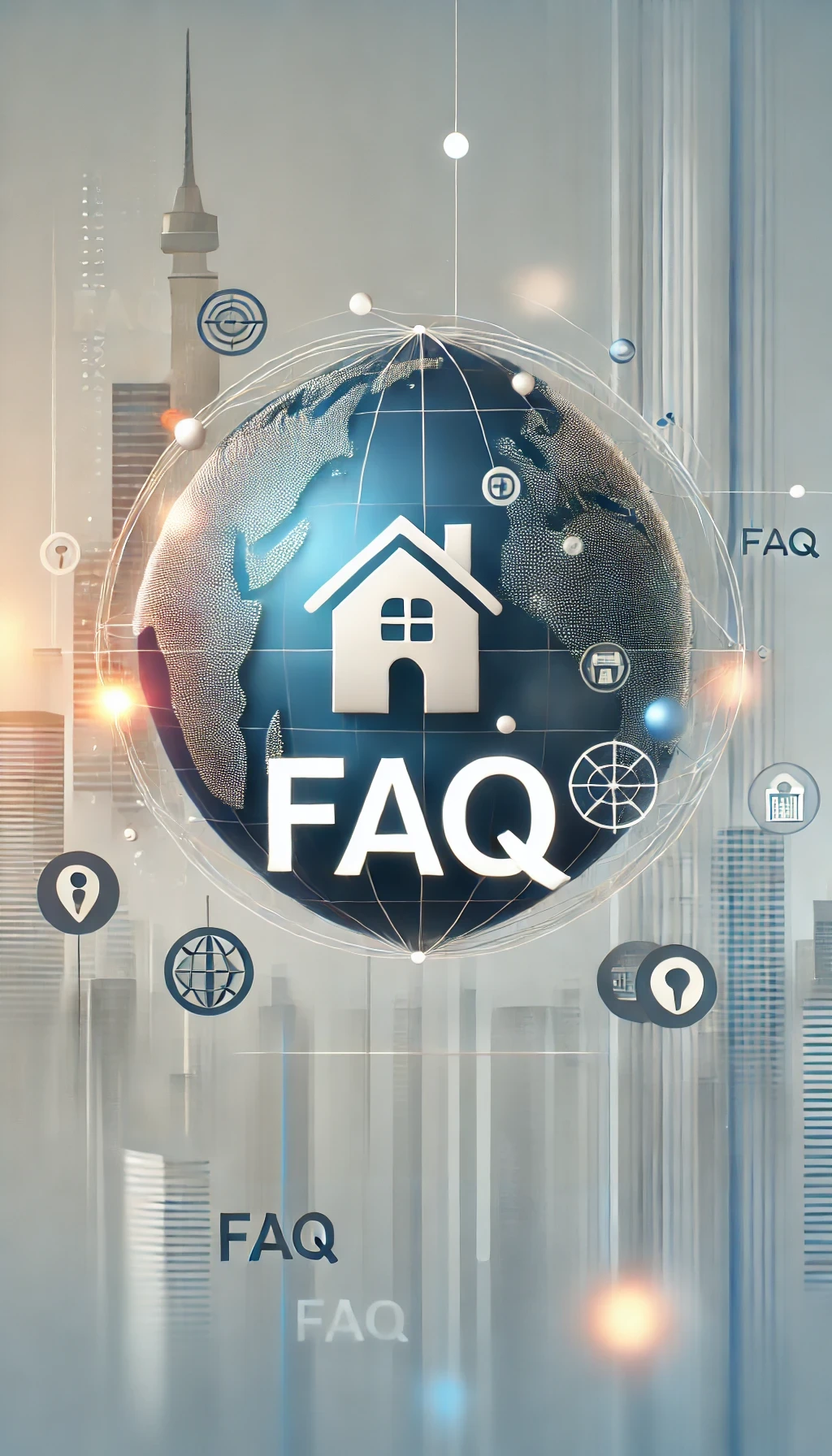A Realtor is a licensed real estate professional who is a member of the National Association of Realtors and adheres to its strict Code of Ethics. Real estate refers to the property itself or the broader industry involving buying, selling, and managing properties.
Frequently Asked Questions
FAQ
Explore Featured Questions
Find answers to all your queries here. Our FAQ section is designed to provide quick, clear, and helpful information for a seamless experience.

-
What is the difference between a Realtor® & real estate?
-
What factors should I consider when buying a home?When buying a home, consider factors like location, budget, property size, neighborhood, school district, commute time, future resale value, and inspection results.
-
How much should I budget for purchasing a home?When purchasing a home, budget for the down payment (typically 5%-20% of the price), closing costs (2%-5%), moving expenses, property taxes, insurance, and ongoing maintenance costs.
-
What is a home appraisal, and why is it important?A home appraisal determines a property's market value by assessing its condition, location, and comparable sales. its crucial for securing a mortgage, ensuring the price aligns with its worth, and protecting buyers and lenders.
-
What is a home inspection, and should I get one?A home inspection is a professional evaluation of a property's condition, including its structure, systems, and safety. It helps identify potential issues before purchase. Getting one is highly recommended to avoid costly surprises and make informed decisions.
-
What documents do I need to buy a property?When buying a property, you'll need documents like a sale agreement, title deed, property tax receipts, encumbrance certificate, government-approved building plan, and your ID proof. Additional documents may be required depending on your location or lender.
-
How can I calculate my home loan eligibility?Home loan eligibility is determined by factors such as your income, credit score, existing financial obligations, property value, and loan tenure. Many banks and websites offer online home loan calculators to help estimate your eligibility.
-
Should I hire a real estate agent to buy a property?Hiring a real estate agent is highly recommended. Agents have market knowledge, negotiation skills, and access to listings that make the buying process smoother. They can also guide you through legal and financial aspects.
-
What are the benefits of renting versus buying a property?Renting offers flexibility and fewer financial commitments, making it ideal for short-term stays. Buying provides ownership, long-term investment potential, and stability. The choice depends on your financial goals and lifestyle.
-
What is the difference between a residential and commercial property?Residential properties are designed for living purposes, such as apartments and houses. Commercial properties are meant for business activities, including offices, retail spaces, and warehouses. The legal and financial considerations vary for each type.



